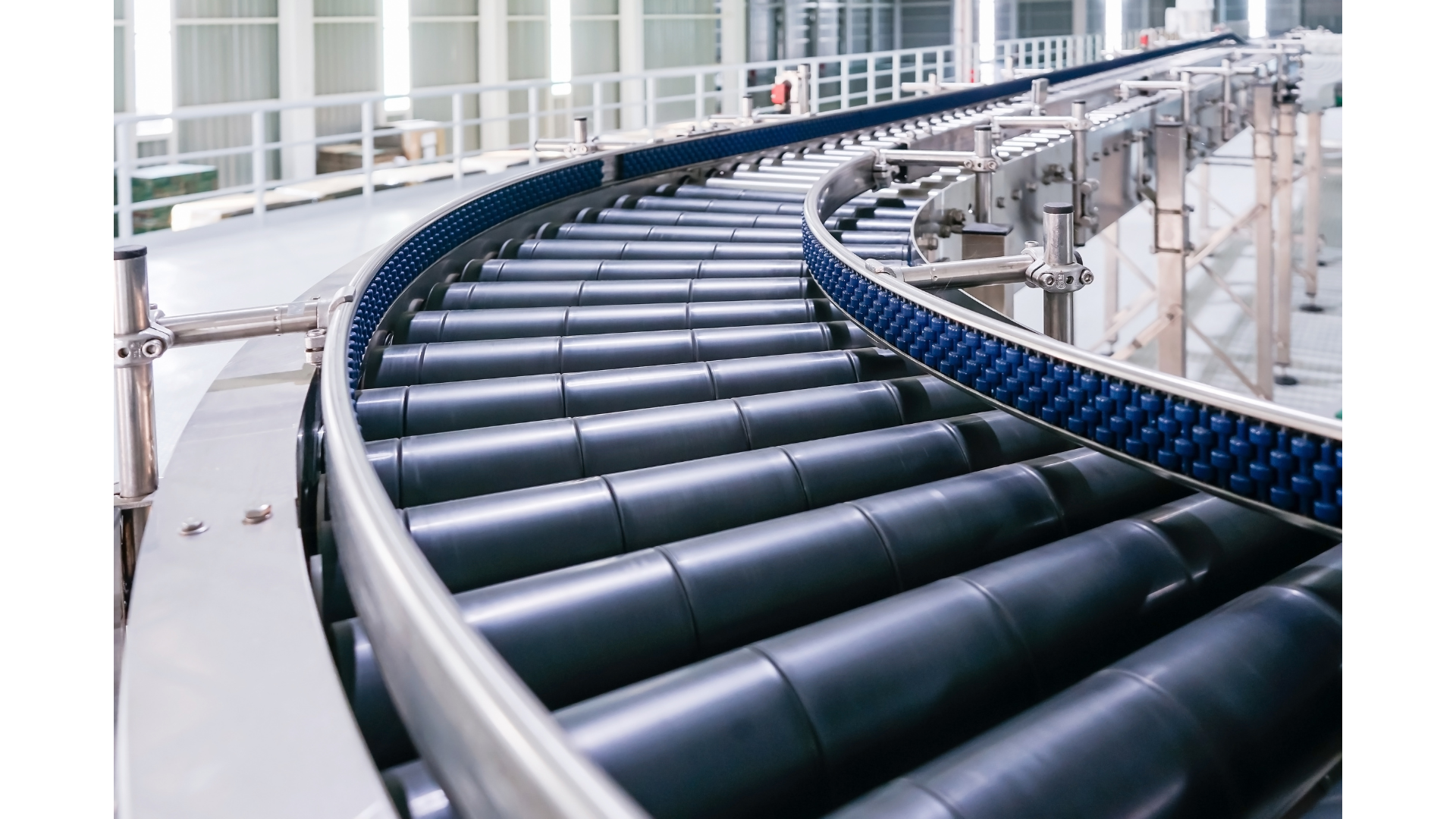In the dynamic realm of modern manufacturing, the rise of Industry 4.0 has heralded significant transformations, with Manufacturing Execution Systems (MES) at the forefront.
These systems are pivotal in optimizing production efficiency, enhancing decision-making, and achieving operational excellence.
This detailed guide aims to unravel the complexities and growing significance of MES in the era of Industry 4.0, offering insights and practical advice.
Understanding the Evolution of MES in Industry 4.0
Industry 4.0, or the Fourth Industrial Revolution, brings together advanced digital technologies, such as the industrial Internet of Things (IoT), big data analytics, and artificial intelligence (AI).
This integration transforms traditional manufacturing into smart, interconnected production systems, where data is the new currency.
The ‘Evolving Role of MES in Industry 4.0‘ marks a transition from traditional manufacturing methods to advanced, data-driven manufacturing processes and digital transformation.
MES systems have evolved to become more than just tools for managing manufacturing operations; they are now integral in connecting and automating various aspects of the production process.
What is MES?
At its core, Manufacturing Execution Systems (MES) serve as the linchpin between enterprise planning quality control systems, and the physical processes on the manufacturing floor.
They play a critical role in ensuring that manufacturing operations are executed effectively, monitored in real-time, and optimized for efficiency and productivity.
Digital Twin Technology and its Role in MES
The integration of MES and Digital Twin Technology represents a leap forward in manufacturing process optimization.
Digital twins create a virtual model of the manufacturing environment, allowing for simulation, analysis, and optimization of processes before they are executed on the actual shop floor.
MES in Industry 4.0: Key Evolutions
1. Connectivity and IoT Integration
Manufacturing Execution System and IoT Integration has become a defining feature of modern MES systems, providing real-time data insights and enhancing decision-making.
2. Advanced Analytics and AI
MES systems now incorporate AI and machine learning algorithms, leading to significant improvements in Operational Efficiency in MES Evolution.
3. Cloud-Based MES
The shift to cloud-based solutions offers unmatched scalability and flexibility, crucial for adapting business operations to Industry 4.0’s dynamic requirements.
4. Integration with Digital Twins
MES’s integration with digital twins allows for detailed process simulation and optimization, elevating manufacturing efficiency to new heights.
Achieving Operational Efficiency in MES Evolution
The focus on operational efficiency is paramount in the evolution of MES.
Modern systems are designed to optimize and control production processes, reduce waste, optimize resource utilization, and improve production throughput, significantly enhancing the overall efficiency of manufacturing operations.
Future Trends Shaping the MES Landscape
Future Trends in MES – Manufacturing Execution Systems include the growing adoption of edge computing, augmented reality for quality improvement, maintenance and training, and enhanced data visualization tools.
These developments are set to further revolutionize the manufacturing process, offering more agile, responsive, and efficient production capabilities.
Integrating IoT with MES
The integration of Internet of Things (IoT) devices with Manufacturing Execution Systems (MES) is a cornerstone in the landscape of Industry 4.0.
The MES and IoT integration is transforming manufacturing floors into intelligent environments where every machine and process is interconnected.
IoT sensors mes software and devices embedded in manufacturing equipment provide a continuous stream of data, offering real-time insights into every aspect of the production process.
When production data is combined with MES, this wealth of data becomes a powerful tool for optimizing manufacturing operations.
MES systems can analyze data from IoT devices and other enterprise systems to identify patterns and trends, enabling manufacturers to shift from reactive to proactive decision-making.
This can lead to significant advancements in various aspects of production:
- Proactive Maintenance: By constantly monitoring equipment performance, IoT-enabled MES can predict potential failures before they occur.
This predictive maintenance approach minimizes unplanned downtime, ensures continuous production flow, and extends the lifespan of machinery.
- Enhanced Quality Control: IoT sensors can detect deviations in product quality in real-time, allowing for immediate corrective actions.
This capability not only ensures consistent product quality but also reduces waste and rework, contributing to more efficient operations.
- Optimized Production Processes: With real-time data on production metrics, MES can optimize workflows and resource allocation.
Manufacturers can adjust production schedules based on current data and conditions, leading to increased throughput and reduced bottlenecks.
- Energy and Resource Management: IoT integration with the Manufacturing Execution System also offers opportunities for better energy and resource management.
By analyzing data on energy usage and process efficiencies, MES can help identify ways to reduce consumption and minimize waste, contributing to more sustainable manufacturing practices.
- Customization and Flexibility: In an era where customization is key, IoT and MES integration allows manufacturers to adapt quickly to changing customer demands.
MES can process data from IoT devices to facilitate rapid reconfiguration of production lines for custom orders, enhancing the manufacturer’s agility and responsiveness.
Strategies for Successful MES Development
Successful MES development in the context of Industry 4.0 requires a strategic approach, encompassing MES Development Strategies that prioritize system scalability, ease of using MES system integration, and user-friendliness of enterprise systems.
Selecting the right technology partners and involving key stakeholders from the onset is crucial for a successful MES implementation.
Overcoming Challenges in MES Adoption
Adopting MES in Industry 4.0 can be challenging due to factors like legacy system integration, data collection and management complexities, and the need for cultural change within the organization.
Addressing these Industry 4.0 Adoption Challenges requires a comprehensive strategy that includes stakeholder engagement, industry standards, tailored training programs, and an iterative approach to system deployment.
Best Practices for Achieving Connected Manufacturing
To realize the full potential of MES in Industry 4.0, manufacturers must adhere to best practices.
These include conducting thorough systems analysis, ensuring robust cybersecurity measures, using quality standards and maintaining a focus on data-driven decision-making.
Regular system audits and continuous process improvement are also key to maintaining a competitive edge in connected manufacturing systems.
Conclusion
The role of MES in Industry 4.0 is a testament to the transformative power of digital technology in manufacturing.
By embracing MES, manufacturers can navigate the complexities of modern production, maintain compliance, and drive innovation.
As we look to smart factories of the future, Manufacturing Execution Systems will continue to be a cornerstone technology, shaping the landscape of smart manufacturing and leading the charge in the Industry 4.0 revolution.
As the manufacturing industry continues to evolve, staying ahead requires embracing the latest advancements in MES technology.
Discover how Seabrook Global’s MES solutions https://seabrookglobal.com/ can empower your supply chain and manufacturing operations, positioning you at the forefront of Industry 4.0.








Recent Comments